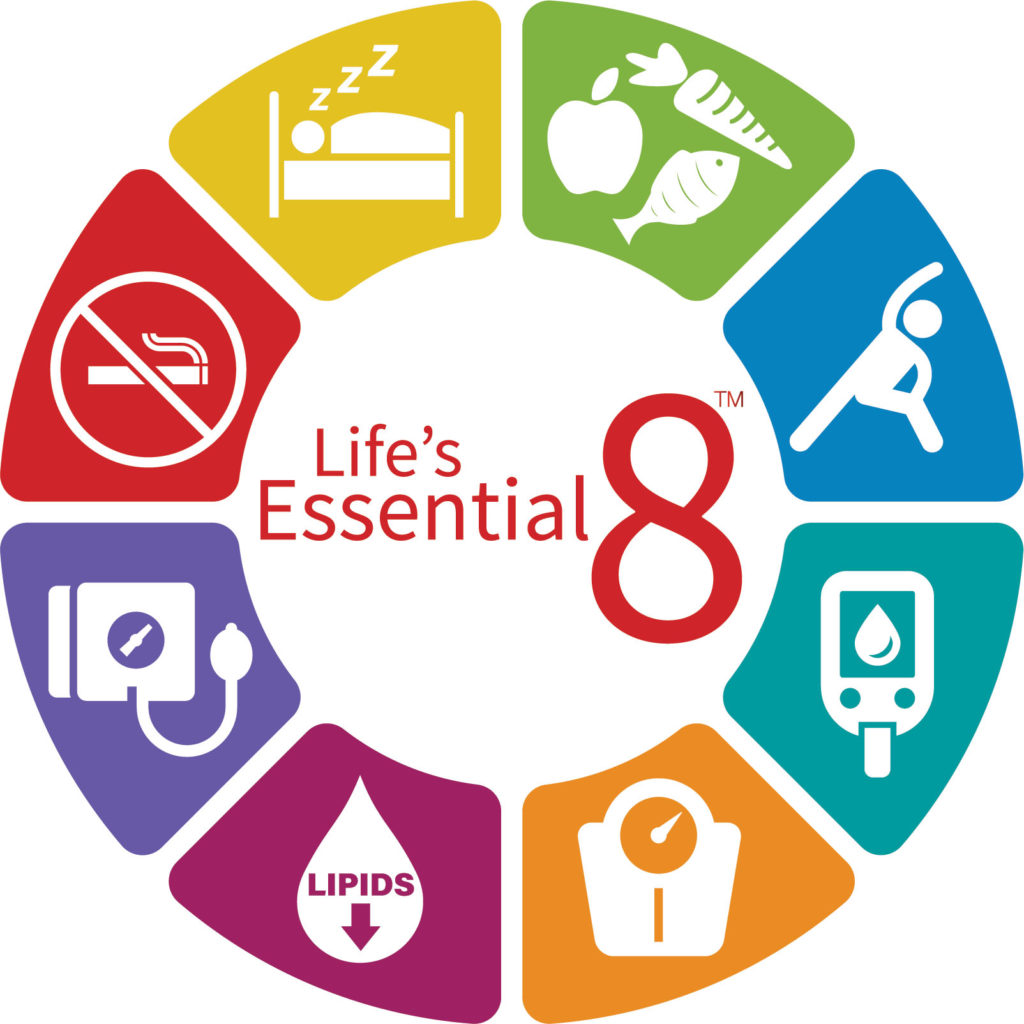Naps and High Blood Pressure: What’s the Connection?

Who doesn’t enjoy a good power nap? When taken at the right times, the National Sleep Foundation says that naps can help reduce daytime sleepiness, boost learning and performance and improve alertness and reaction times.
What does frequent napping say about your heart health?
The news stems from a study conducted on more than 500,000 participants in the U.K. Biobank, a large biomedical database of U.K. residents recruited for research purposes.
According to the American Heart Association, the researchers discovered that among the group they studied, those who napped frequently had a 12% higher risk of high blood pressure and a 24% higher risk of stroke than those who never napped.
Alberto Ramos, M.D., a neurologist and research director of the Sleep Disorders program for the University of Miami Health System, has uncovered similar results in his team’s research at the University of Miami Miller School of Medicine. In his study of 2,148 U.S. Latinos, he found an 11.6% increase in the prevalence of high blood pressure among frequent nappers, results that were very similar to the more extensive study cited above.
While troubling, Dr. Ramos quickly points out that this data doesn’t necessarily mean that you should avoid naps altogether.
Instead, he thinks the frequent naps in these studies were a sign of other underlying health issues that increased the risk of high blood pressure and other cardiovascular risk factors.
“In the larger study, frequent and prolonged napping seemed to be a symptom of poor nighttime sleep and a manifestation of daytime tiredness,” he says.
“Poor sleep, such as short sleep duration or sleep deprivation, has many causes but has been shown to increase the risk of hypertension and stroke. Therefore, it seems that naps are more of a marker of poor sleep, and poor sleep is the most likely culprit of hypertension and stroke.”
The American Heart Association agrees with Dr. Ramos on the importance of good sleep to cardiovascular health.
In June 2022, they took their “Simple 7” checklist of lifestyle factors for measuring your cardiovascular health and made it an “Essential 8” by adding a good night’s sleep to the list.

8 elements that are essential for cardiovascular health:
- No nicotine exposure
- Healthy Sleep
- Healthy diet
- Physical activity
- Healthy blood sugar level
- Healthy weight
- Healthy lipid levels
- Healthy blood pressure
This officially makes 7-9 hours of sleep a night for most adults just as crucial for heart health as diet, exercise, nicotine avoidance, body mass index, and other critical indicators like blood lipids, blood glucose, and blood pressure.
Don’t avoid naps altogether.
Dr. Ramos tends to agree with the National Sleep Foundation that shorter, 20-minute power naps can benefit people from time to time.
If you nap frequently, or your naps are often 30 minutes or longer, you may want to speak with your health care provider about other underlying risk factors that could negatively impact your heart health. He says that this may be a sign of a sleep disorder.
Researchers are learning more daily about how important sleep is to our overall physical and mental health.
“We should think of proper sleep as a pillar of health in the same way that physical activity and nutrition are discussed by clinicians and public health experts,” he says.
Wyatt Myers is a contributor to UHealth’s news service.
Tags: daytime napping, Dr. Alberto Ramos, heart attack, sleep problems
